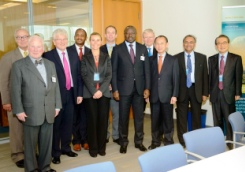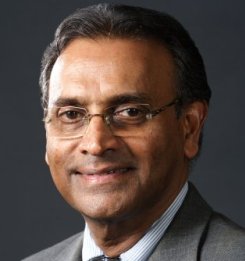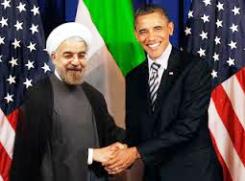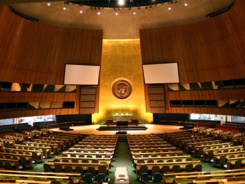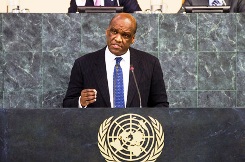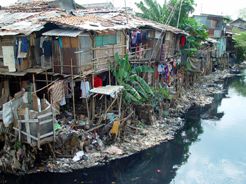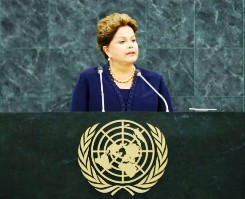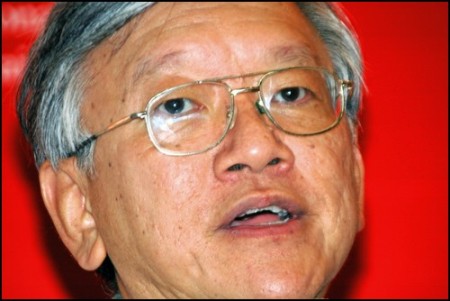By Jaya Ramachandran | IDN-InDepth NewsAnalysis
NEW YORK (IDN) – Seventeen years after the Comprehensive Nuclear-Test-Ban Treaty (CTBT) opened for signature, the United Nations has launched a new initiative to expedite its entry into force “at the earliest possible date”.
Foreign ministers and high-level representatives from the 183 Member States of the Treaty have urged the eight remaining States – China, the Democratic People’s Republic of Korea (DPRK), Egypt, India, Iran, Israel, Pakistan and the United States – to sign and ratify the CTBT, “thus ridding the world once and for all of nuclear test explosions”. Ratification by these eight countries is indispensable for the Treaty coming into force.

